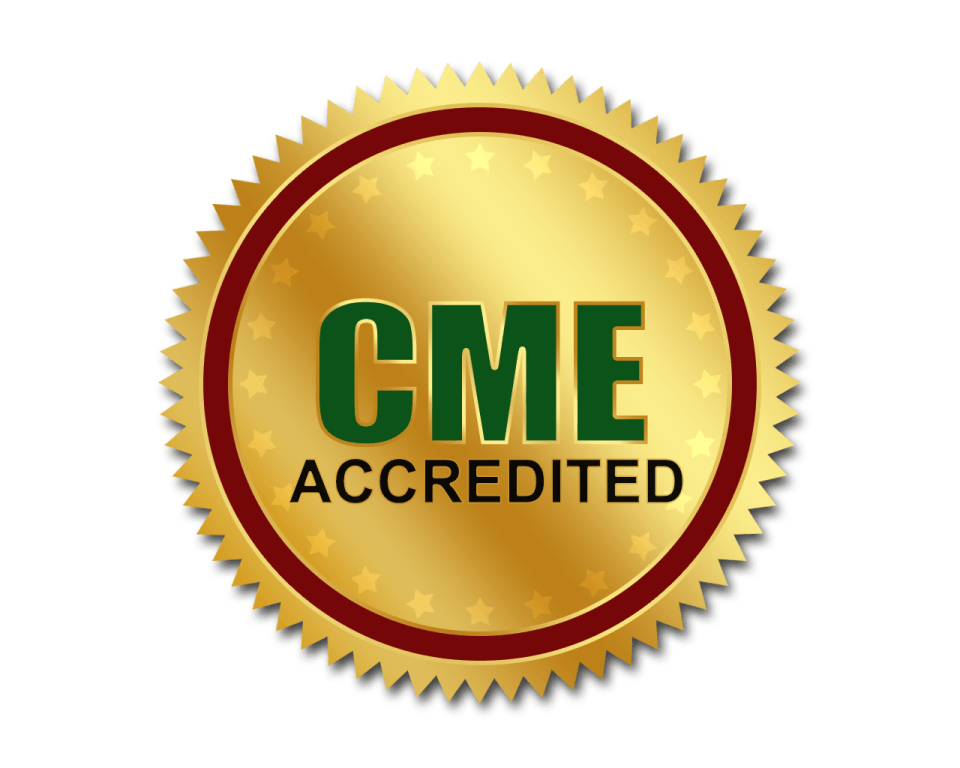
Dongshuo WANG
University of Manchester, UK
Title: Different conceptions on illness between Chinese medicine and Western medicine among Chinese international students (CIS)
Biography
Biography: Dongshuo WANG
Abstract
Background: There are currently 150,000 CIS studying in the UK, forming the largest group of international students. How well they are doing physically and psychologically in the British cultural context is the primary objective of this study. The research question is thus formed as “What is Chinese students’ health experiences while they are studying in the UK universities”?
Methods: In order to address the research questions, a series of 20 in-depth interviews have been conducted with CIS participants doing first degree (n=6), Master degree (n=6), PhD (n=8). It is to get a true picture of how Chinese international students experience while studying in the UK, with regard to Chinese culture influence in health and wellbeing in contemporary life.
Findings: Focusing on the themes that emerged in the semi-structured interviews, this paper probes Chinese international students’ beliefs and practice in relation to health and wellbeing in the UK higher education context. The cultural influence will be addressed from the following eight aspects: Diverse views of health; environmental cue; role of diet; emotional and psychological health; approach of traditional Chinese medicine and western medicine; culturally appropriate health service; women health issues and menstruation, and social and cross-cultural adaptation. Centering round the differences between Chinese medicine (CM) and western medicine (WM), the diverse view of health includes 1) causes of illness, 2) philosophy behind illness, 3) treatment of illness, and 4) attitude toward psychological problems. When feeling unwell, CIS attribute the health problems to the weather, and the imbalance between the body and nature. CIS consider that WM attributes the illness to virus or infection. CIS believe that the heat and cold should be balanced within the body and with nature. When the balance is broken, illness occurs. WM believes that if a virus or infection has invaded into the body, it should be got rid of. CM treatment is to restore the natural harmony and balance of the individual with diet, herbs and physical exercises. With strengthened system within the body, the illness will disappear. WM will treat this kind of illness with antibiotics, which CIS think that it is only for the symptom, but not the root of the problem.
Discussion: This study has provided a picture of CIS concepts of CM and WM, which might be helpful for the universities, medical professionals and policy makers to provide a better environment for CIS to enjoy their learning experience while studying in the UK.

